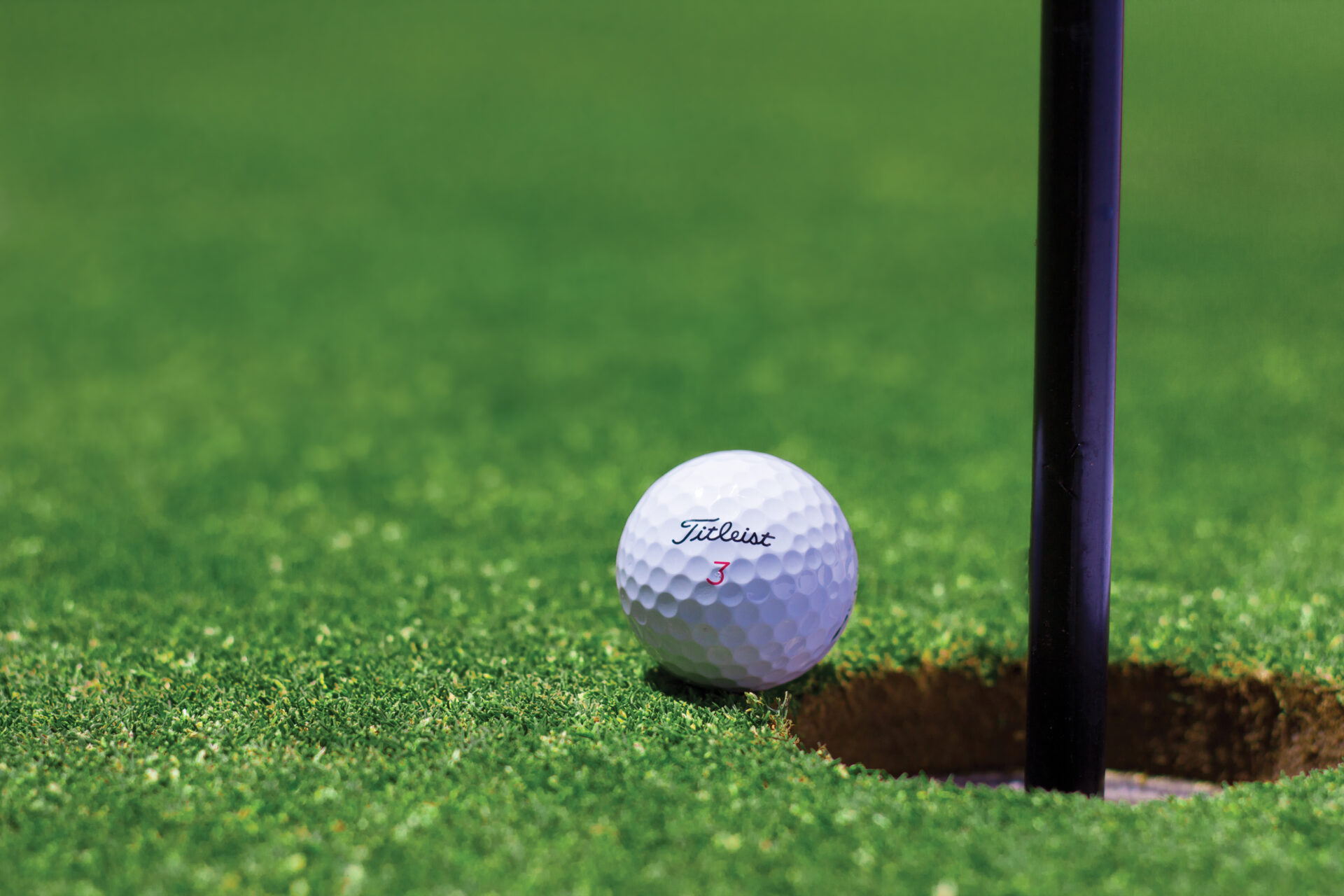Playing ball/” title=”How To Coach Tee Ball”>tee ball is a great way for young children to learn the fundamentals of baseball and develop an interest in the sport. It is also an opportunity for them to have fun and socialize with their peers. With this in mind, it is important to consider what age should kids start playing tee ball. In this article, we will explore the age at which kids should begin playing tee ball and how parents can ensure their child has a positive experience.Most experts agree that children should begin playing tee ball at around age four or five. This age range is ideal because it allows kids to develop their motor skills and hand-eye coordination without becoming overwhelmed or discouraged. Additionally, it gives them the opportunity to learn the basics of baseball while having fun with their peers.
Benefits of Kids Starting Tee Ball at an Early Age
Tee ball is an invaluable introduction to team sports for kids. It encourages them to develop physical and mental skills while having fun. As a parent, it is important to start your kids at an early age with tee ball. There are numerous benefits that your child can reap from playing tee ball at an early age.
The most important benefit of tee ball is that it allows your child to develop essential physical and cognitive skills in a safe and controlled environment. Tee ball is very accessible for young children as there are no specific rules or regulations that must be followed. This allows kids to explore the game in their own way while learning the basics of catching, throwing, batting, and fielding.
Another great benefit of tee ball is that it helps children learn how to work together as part of a team. Playing sports together teaches kids about teamwork, cooperation, and respect for each other’s abilities. This helps them build relationships with their peers while also developing their social skills.
Finally, tee ball can help build self-confidence in your child as they learn new skills and gain more experience playing the sport. As they progress through the game, they will gain a greater sense of accomplishment which will help motivate them to strive for excellence in all areas of life.
In conclusion, starting your child early with tee ball can have numerous benefits both physically and mentally. It encourages them to develop essential skills like hand-eye coordination, teamwork, self-confidence, respect for others, and communication skills which will serve as a strong foundation for future success in life.
Getting the Right Gear
One of the first steps in getting your child ready to play tee ball is making sure they have the right equipment. This includes a tee ball bat, a tee, and a tee ball glove. The bat should be lightweight and easy for your child to swing. The glove should fit well on their hand. Additionally, you may want to get them cleats and a batting helmet for added safety.
Forming Good Habits
It is also important to help your child form good habits when it comes to playing tee ball. Teach them to always stretch before and after practice or games. Additionally, you may want to encourage them to practice at home by having them hit balls off the tee or practice drills with you or an older sibling. Finally, encourage them to stay hydrated and take breaks when needed during practices and games.
Encouraging Positive Attitude
In addition to teaching good habits, it is important to foster a positive attitude in your child while they are playing tee ball. Remind them that mistakes are part of the game and that everyone makes errors from time-to-time. Additionally, try not to let wins or losses affect their outlook on the game too much; instead focus on celebrating effort rather than results. Finally, make sure they are having fun while playing; if it stops being fun for them it may be time for a break or change of activity.
Creating a Supportive Environment
Finally, it is important that you create a supportive environment for your child while they are learning how to play tee ball. Be sure not to push them too hard; instead focus on helping them build confidence in their abilities as they learn the game. Additionally, provide encouragement throughout practices and games so that they feel supported in their efforts. With these tips in mind, your child will be well-prepared for success in their first season of tee ball!
Create a Fun Environment
Introducing kids to tee ball can be an exciting experience for both the coach and the players. To ensure a successful experience, it is important to create a fun and positive environment. Encourage the players to have fun and focus on the fundamentals of the game, such as batting, catching, throwing, and running. Make sure that everyone involved is having fun and enjoying themselves.
Explain the Basics
Before beginning any drills or activities, it is important that coaches explain the basics of tee ball. Explain the rules of the game and how it is played. This will help to ensure that everyone knows what to do during games and practices. Additionally, it’s important to explain proper sportsmanship and etiquette while playing tee ball.
Start with Drills
Once all participants understand the basics of tee ball, start with drills that help build skills in batting, throwing, catching, and running. Focus on teaching proper technique for each drill so that players can develop good habits early in their tee ball career. Drills should also be fun and engaging so that all players stay interested during practice.
Play Games
Once players have had enough practice with drills, they may be ready for some games. Start off with simple games such as hitting off a tee or playing catch before moving onto more complex games like actual tee ball games. This will help to improve their skills while continuing to keep them engaged in what they are doing.
Provide Positive Reinforcement
It is important for coaches to provide positive reinforcement whenever possible throughout practices and games. Praise players for their efforts even if they do not always get the results they want right away. This will help them stay motivated and continue trying even when things become difficult.
By following these tips for introducing kids to tee ball, coaches can create a positive learning environment where all participants can learn valuable skills while having fun at practice or during games!
What Equipment Is Needed for Kids to Play Tee Ball?
Tee ball is a great way to introduce kids to the game of baseball. It is a simplified version of the game designed specifically for children. To play, all you need is a few pieces of equipment. This includes a tee ball bat, several tee balls, and a tee ball glove. The bat should be made from lightweight aluminum or composite material and should be sized according to the player’s height and weight. Tee balls come in different sizes and weights so it’s important to choose one that suits your child’s skill level. Tee ball gloves come in various sizes as well, so make sure you get one that fits properly on your child’s hand. In addition, you will also need safety equipment such as batting helmets and face masks for all players. Lastly, you will need some bases or markers for setting up the field. With these items, you can easily set up a fun game of tee ball for your kids!

Tee Ball Training and Instruction for Kids
Playing tee ball is a great way for kids to learn the basics of baseball and softball. It is a fun way to develop hand-eye coordination, increase physical activity, and promote teamwork. To ensure that kids get the most out of tee ball, it is important to provide appropriate training and instruction.
First and foremost, coaches should focus on teaching the fundamentals of the game. This includes proper batting form, catching technique, throwing mechanics, base-running skills, and positioning in the field. It is important to start with simple drills that build the foundation for more advanced skills down the line.
It is also important to teach kids about sportsmanship and teamwork. This includes teaching respect for teammates, coaches, opponents, umpires, and equipment. Kids should be taught to work together on the field as well as encourage each other off the field.
In addition to providing instruction in game fundamentals and sportsmanship, coaches should also focus on having fun. Tee ball should be seen as an opportunity for kids to learn while also having a good time with their friends. Coaches should make sure that every child feels involved in the game by providing plenty of individual attention during practice sessions and games alike.
Finally, coaches should emphasize safety at all times. This includes having all players wear protective gear such as helmets while playing or practicing near home plate or any other area where they might be hit by a batted or thrown ball. Coaches should also make sure that all players warm up properly before playing in order to prevent injuries from occurring during playtime activities or games.
Overall, providing proper training and instruction is essential for kids who want to participate in tee ball. By focusing on teaching fundamentals of baseball/softball, emphasizing sportsmanship and teamwork among peers, ensuring that everyone has a good time playing together, and emphasizing safety at all times will help kids get the most out of their tee ball experience!
Playing Tee Ball Helps with Physical Development and Coordination
Tee ball is a great way for young kids to develop physical skills and coordination. It is an exciting sport that teaches children the fundamentals of baseball, such as throwing, catching, and hitting. This helps them to become more confident in their ability to play different sports. Additionally, tee ball encourages physical development as it involves running, jumping, and stretching. Playing tee ball also helps kids to develop their hand-eye coordination as they must be able to track the ball and hit it with accuracy when it comes off the tee. Tee ball also helps them learn basic rules of the game which can help them in other sports as well.
Tee ball provides kids with an opportunity to practice team-building skills while having fun. As they learn how to work together, they gain confidence in their abilities and this can help them when they compete in other sports later on. Furthermore, tee ball offers a safe environment for young players who are still learning how to control their bodies’ movements. This helps them develop motor skills such as balance, agility, and speed which are essential for playing any sport or physical activity.
Overall, playing tee ball can definitely help children with their physical development and coordination. It provides a great way for them to practice important skills that they will use in other sports later on in life. Additionally, it is an enjoyable activity that allows children to have fun while developing important motor skills and learning valuable team building lessons.
Safety Concerns When Letting Kids Play Tee Ball
Tee ball is a great way for kids to learn the fundamentals of the sport of baseball while also having fun. However, there are some safety concerns that should be taken into account when allowing kids to participate in this activity. From ensuring that the equipment is in good condition to making sure that the field is well maintained, there are several steps that can be taken to ensure a safe tee ball experience for all involved.
When it comes to equipment, parents should make sure that any balls, bats, bases, and other equipment used during tee ball games are in good condition and free from any defects or damage. If any of these items appear to be worn or damaged, they should be replaced before allowing children to use them. Additionally, helmets should always be worn while playing tee ball and should fit properly in order to provide adequate protection for all players.
Furthermore, it is important to ensure that the field on which tee ball games are taking place is kept well-maintained and free from any potential hazards. This includes clearing away debris from the field before each game and making sure that there are no holes or uneven surfaces present on the playing surface. Additionally, it is important to check for any hazards such as broken glass or other sharp objects frequently throughout the game in order to maintain a safe environment for all participants.
Finally, while tee ball is generally considered a non-contact sport, it is important to keep an eye out for rough play during games in order to ensure that all participants stay safe and have fun while playing. Any player who appears to be engaging in overly aggressive behavior should be addressed by coaches or adults supervising the game immediately in order reduce the risk of injury occurring due to physical contact.
By following these simple steps, parents can rest easy knowing that their kids will remain safe while playing tee ball and enjoy an enjoyable experience every time they step onto the field.

Conclusion
Tee ball is a great way for kids to learn the fundamentals of baseball. It is an easy game to understand and can be played with minimal equipment. It is also a great way for kids to get exercise and improve their hand-eye coordination. Kids should start playing tee ball at the age of five or six, as this is the ideal time for them to learn the basics of the game and begin to develop their skills and confidence.
Tee ball promotes teamwork, sportsmanship, and communication between players, all of which are important traits for any child to develop. It also provides an opportunity for parents and coaches to interact with children in a positive manner and serve as helpful mentors by providing guidance, support, and encouragement.
In conclusion, tee ball can be a fun and rewarding experience for kids of all ages. By starting at an early age, kids can gain valuable skills that will help them in many areas later in life. With proper coaching and parental involvement, tee ball can be a rewarding experience that will benefit your children both on and off the field.




